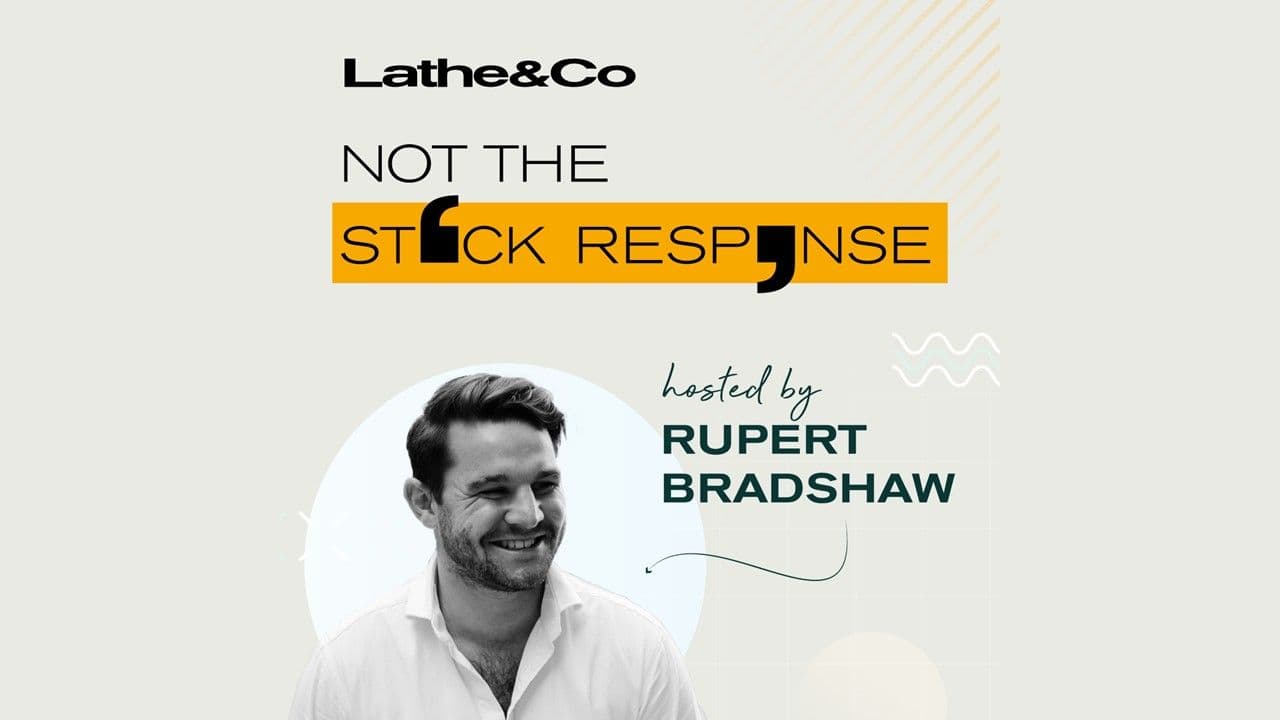
Q1: Can't I leave my estate to my spouse, on the condition it goes to my children?
Haydn Brooks: “When people have children from a previous marriage, they often want to leave their estate to their spouse, on the understanding it will then pass to their own children. Unfortunately, you can’t give a gift with a condition in your will. Without a trust, there’s no guarantee your children would inherit anything.”
Q2: How can I make sure my spouse and my children are looked after?
Emily Robertson: “One possible solution is a life interest trust. This would allow you to provide for your spouse during their lifetime (e.g. through income from assets or the right to remain in a property). Then after your spouse had passed, your estate would be transferred to your own children, as the ultimate beneficiaries.”
Q3: What are the tax implications?
Haydn Brooks: “In a situation like this, it’s actually quite straightforward. Spouses are exempt from inheritance tax, so there would be nothing for them to pay upon your death. This includes if you have left them a life interest. Then once your estate passes to your children, they would pay 40% on everything over and above the transferable nil-band rate of £650,000. Or if they are able to access the full transferable residence nil-rate band, then everything over £1 million.”
Q4: Are there any downsides to a life interest trust?
Emily Robertson: “Any trust arrangement will require some extra administration, this can come with additional professional fees. The trust will need to be registered with HMRC, tax paid each year on any income and/or capital gains and trust accounts completed. The surviving spouse may also feel uncomfortable having to ask the trustees for funds. However, in scenarios like these it’s essential to ensure your estate is distributed as you’d intended. If your priority is ensuring your children inherit then a life interest trust could be the way to go.”
Q5: Should I speak to a financial adviser or solicitor?
Haydn Brooks: “As with all estate planning, it’s important that you speak to a solicitor and a financial adviser. They will then work together to put a tax efficient plan in place that makes things as straightforward as possible for your loved ones.”
Stay tuned for part III
Recent in planning


